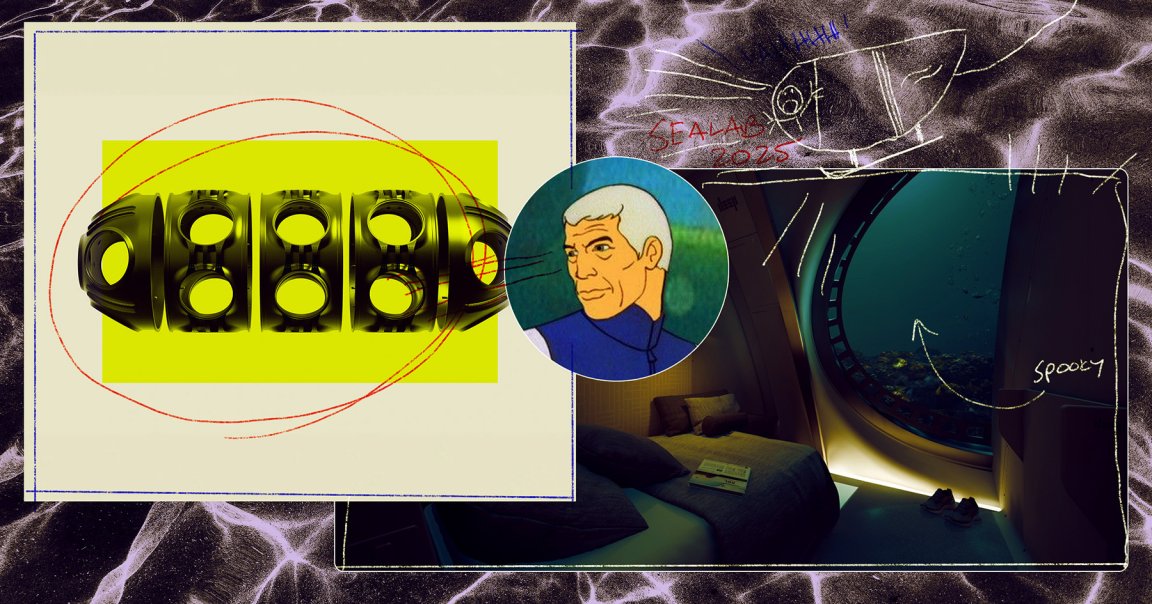
Bottom of Everything
At an old limestone quarry in Chepstow, England, a single mysterious benefactor is shelling out hundreds of millions of dollars to build a training facility to help humans dwell in the depths.
As the Guardian reports, the project known as “Deep” plans to have a training school, accommodation units, and transport submersibles that will take scientists — and, eventually, rich people — to and from the underwater settlement as they learn how to live underwater longer than any humans have before.
The project plans, audaciously, to establish a “permanent human presence” under an undisclosed sea by the year 2027 — and despite that rapidly approaching deadline, Deep has reportedly already made significant headway.
According to Deep chief operating officer Mike Shackleford, the project’s lodging units, known as “Sentinels,” will initially house multiple people for up to 28 days at a time. Down the line, the company hopes to extend those stays even longer.
“The goal is to live in the ocean, forever,” Shackleford told the Guardian. “To have permanent human settlements in all oceans across the world.”
Deep Pockets
Though Deep’s COO and other people working on the project were more than happy to talk to the British newspaper about their personal and collective goals, spokespeople for the endeavor refused to name the person or entity paying for it all.
They also refused to say exactly how much the patron, who is footing the entire bill for the undertaking, has invested — except to note that it’s more than the nearly $125 million that has already gone into Deep’s training campus at the old limestone quarry.
The investor, whoever they are, is bent on increasing “understanding of the ocean and its critical role for humanity” — or reigniting what Shackleford described as a race between space and ocean exploration, in which “space won out.”
As for the dark mark left on the submersible industry from 2023’s Titan tragedy, Deep diving and training lead Phil Short said the company is working with — that is, paying handsomely — the Norway-based Det Norske Veritas risk assessment agency to make sure everything is up to snuff.
“DNV are approving every potential design, manufacture and testing capability of our systems from day one,” Short said. “So, when we finally get this built and we’re about to drop it in the water, it will be fully certified in class.”
More on what lies beneath: Scan Detects Evidence of “Lost World” Under Pacific Ocean